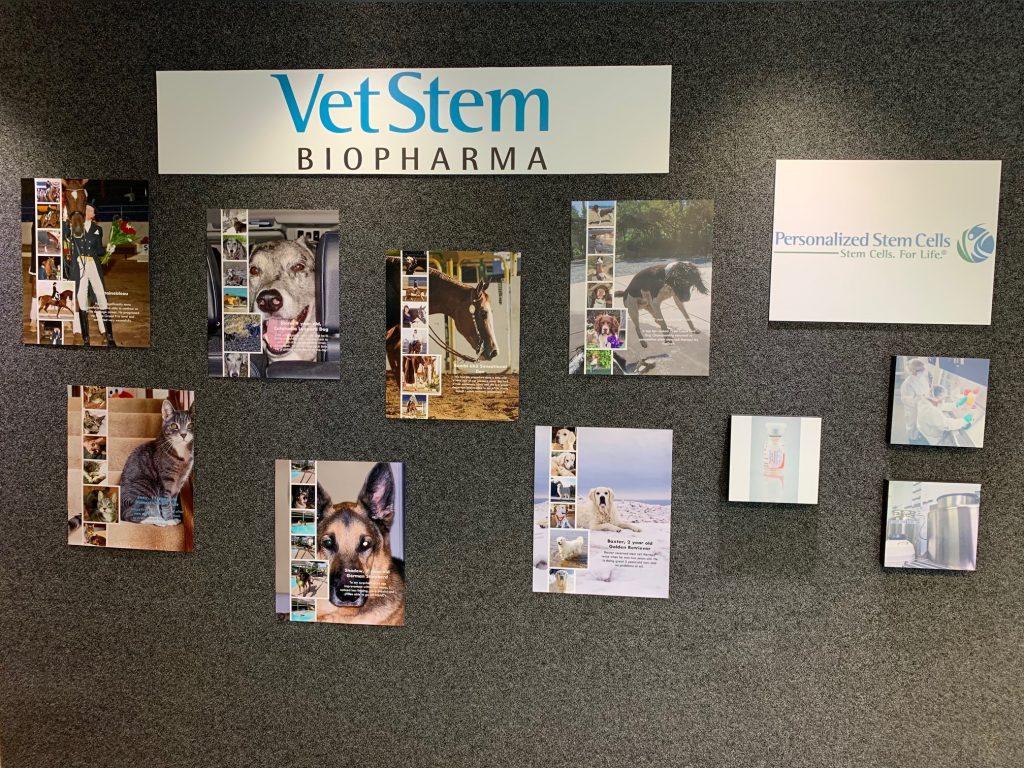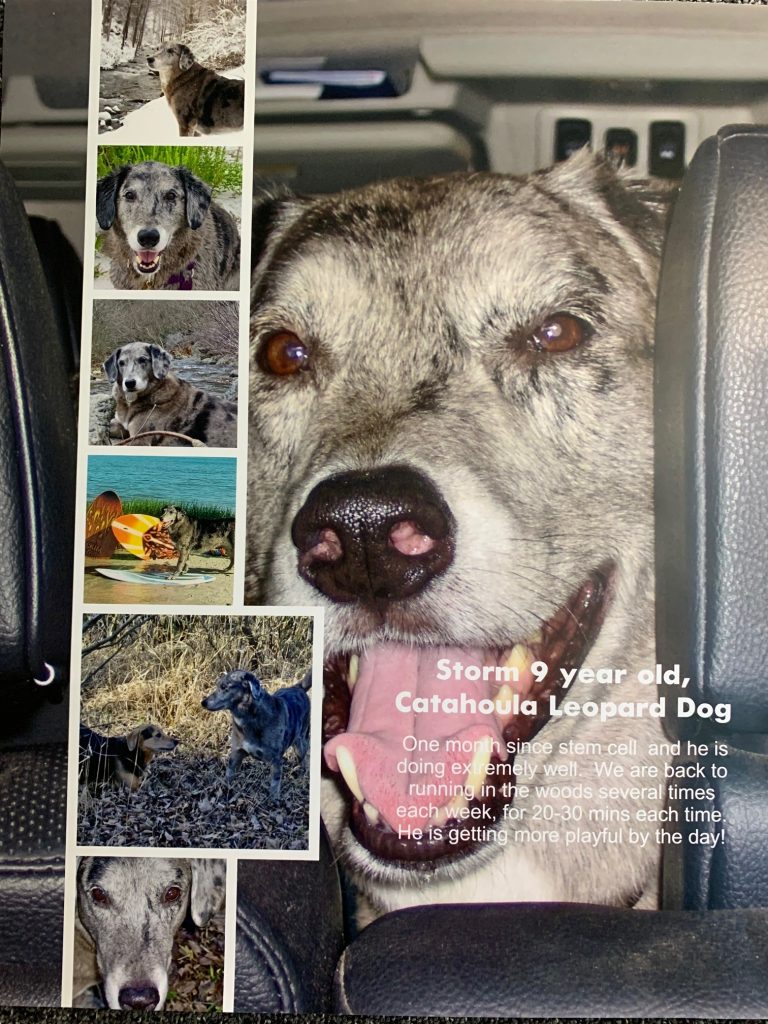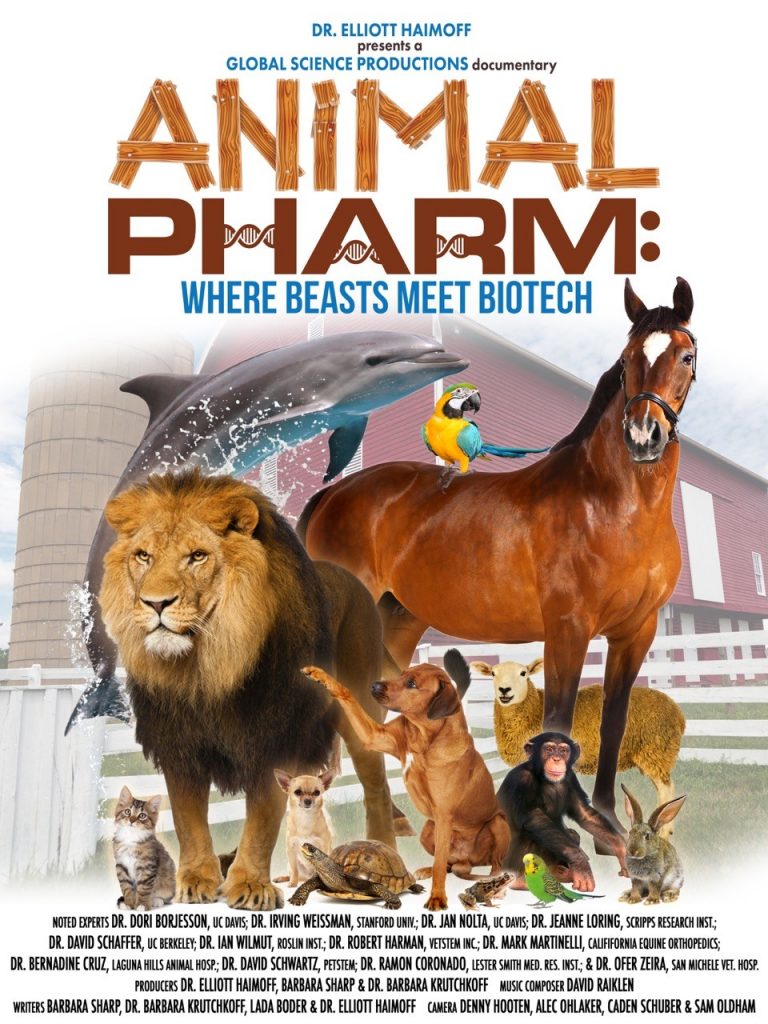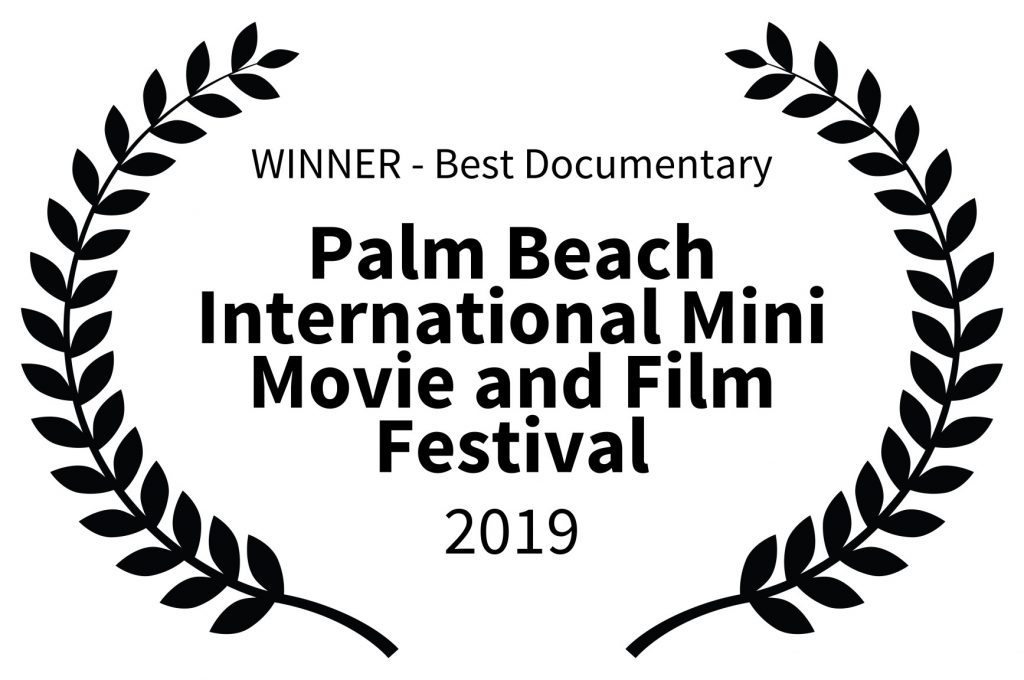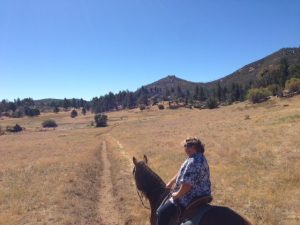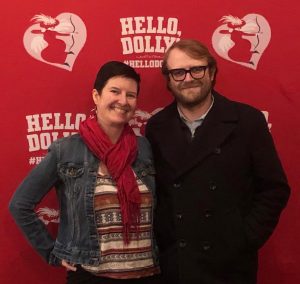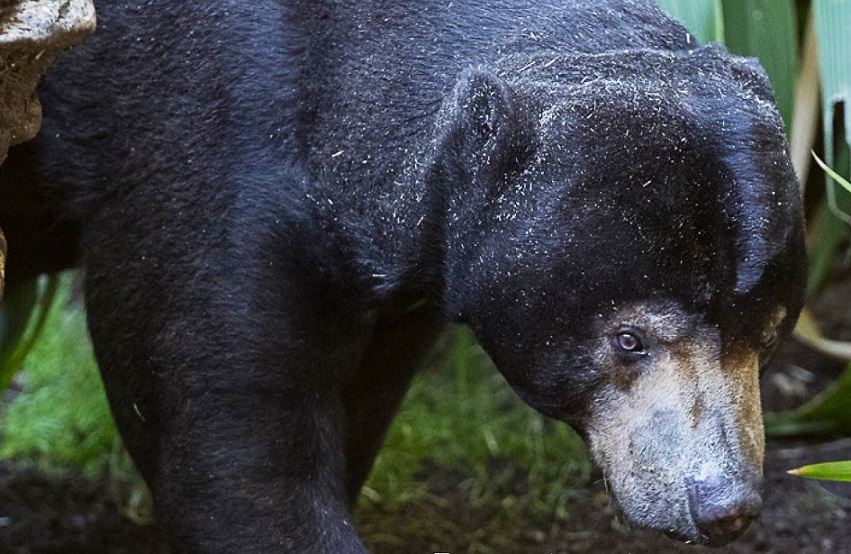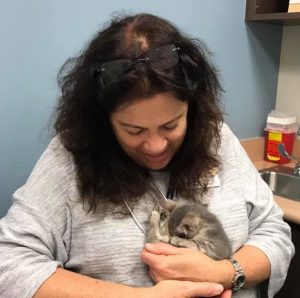Meet VetStem Founder and CEO, Dr. Bob Harman
It’s been a while since we’ve introduced our readers to members of the VetStem team so for those of you who may be new to our page, we would love to introduce you to the VetStem co-founder and CEO, Dr. Bob Harman.
Dr. Harman received his bachelor’s degree, his Doctor of Veterinary Medicine and his Master of Preventive Veterinary Medicine from the University of California, Davis. He began his career in the dairy cow industry but then shifted his focus to new pharmaceutical development in order to help more animals. Dr. Harman started and grew multiple biotechnology companies which he eventually sold before co-founding VetStem in 2002.
Dr. Harman’s fascination with stem cells began when he attended a presentation and saw stem cells beating in a petri dish. The video, which demonstrated the ability of stem cells to differentiate into functioning cardiac cells, inspired Dr. Harman to delve deeper into the science of stem cells. He recognized the potential of stem cell therapy and the need for alternative therapeutic modalities for difficult veterinary conditions and thus, VetStem was born.
After 15+ years of experience, Dr. Harman went on to co-found the human stem cell company, Personalized Stem Cells, Inc (PSC) in 2018. (You may have read our recent blogs about PSC. If not, check out the latest update here.) But Dr. Harman didn’t stop there. Realizing he could leverage the cell manufacturing experience and expertise of the VetStem team, Dr. Harman launched a contract cell manufacturing division, Performance Cell Manufacturing (PCM). This division of VetStem provides development and manufacturing services to companies looking to bring their cell therapy products to market.
As you can see, Dr. Harman has dedicated most of his career to the development of stem cell therapy services and products. He has authored and co-authored numerous peer-reviewed articles and book chapters and he delivers regenerative medicine presentations across the globe. He also serves on the board of directors for the American College of Regenerative Medicine. He is also a founding member and Vice President of the International Association of Cellular and Regenerative Veterinary Therapies.

Outside of his busy professional life, Dr. Harman is an avid outdoorsman. He takes advantage of the solitude and fresh air to clear his head and regroup. He enjoys solo backpacking trips with his dog, Ben, and hikes on and off trail and through the mountains all throughout California. Dr. Harman and Sue, his wife of 45 years, live on a farm of sorts with multiple dogs, cats, birds, and horses, many of which have received treatment with VetStem Cell Therapy for various injuries and ailments. A true believer in the power of stem cell therapy, he, too, has been treated with his own stem cells for a rotator cuff injury. We truly appreciated Dr. Harman’s drive and innovation and look forward to what the future holds!

